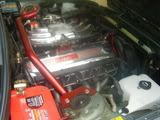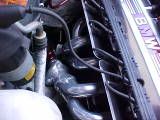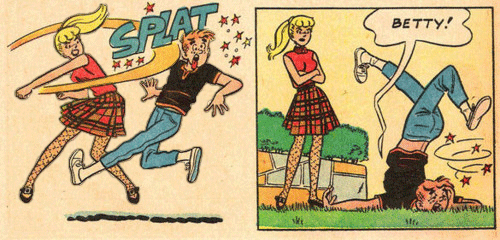The "best" connection is entirely dependant on the person doing the work. A Crimp connection can work very good if done properly. I use them for terminal ends such as ring and spade terminals all the time. There's really no other choice in those situations. But as you said, they must be properly crimped and insulated. Give them a strong pull when finished to see if they hold.
But for splicing or joining wires, solder is the only way to go. I use a liquid electrical tape to seal the connections, and then wrap them with shrink tubing or the like.
A good comparison of a soldered connection vs. a crimped is a battery cable. If you've ever used one of those cheap replacement battery ground posts which clamps onto the bare cable strands you've experienced this corrosion first hand. In a matter of months the strand ends will be tarnished black and packed with corrosion. If it was possible to dip the entire clamp in plasti-dip it might slow the process. But really, the best way to go is a cable-end that fully soldered to the clamp, such as the stock cable is designed.
SOLDER: http://www.oddcables.com/faqs_crimp_solder.asp
Solder - This fabrication method is often considered the most labor-intensive because the connector's center contact is soldered to the cable's inner conductor. Performed properly, it is also one of the most reliable connections and can be used on cable with solid or stranded center conductors. If metals and plating of contact and cable are compatible and solder-able, and, if the technician is skilled in this type of installation, solder connections can be expected to perform for long periods of use.
Wire Aged and badly tarnished copper should be thoroughly scraped with a stiff wire brush that penetrates the entire bundle and cleans every strand. The wires are ready for insertion into the contact barrel when they are burnished to there original bright copper finish. Contact barrels are lined with silver or tin plating to assure consistently high conductivity, which will be reduced if the barrel is crimped around aged or tarnished copper wire.










Comment